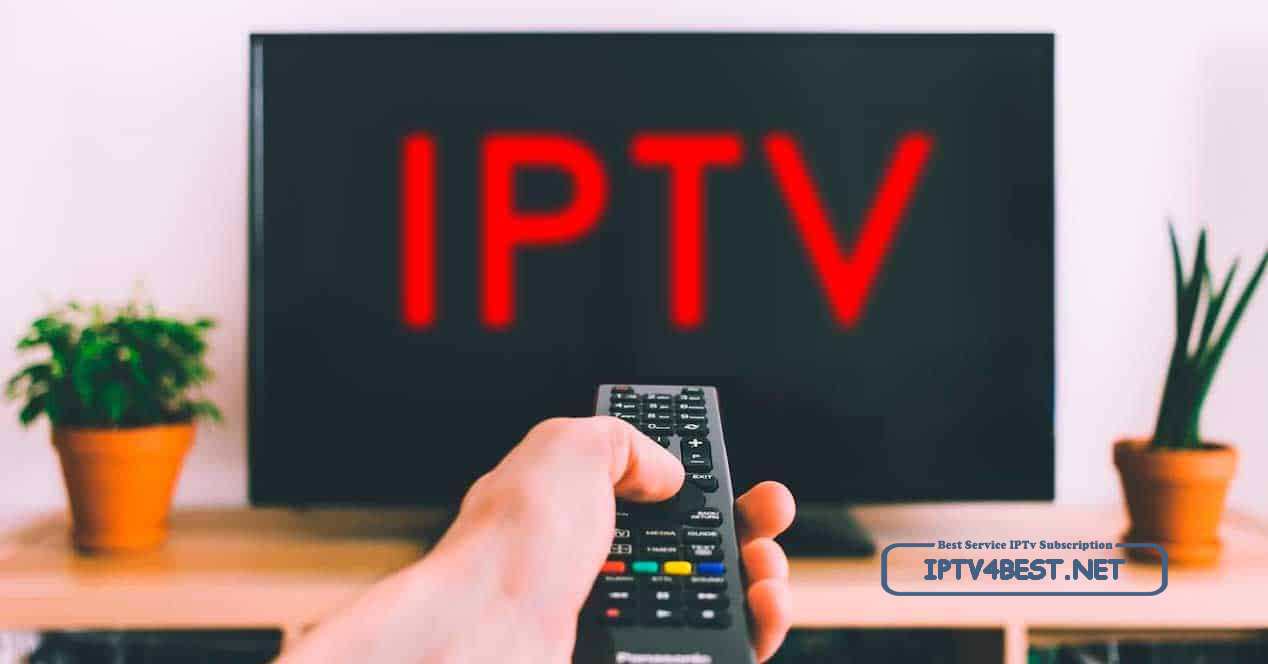Recently, the way we consume television content has seen a tremendous evolution. Traditional cable television is up against strong competition from a fresh competitor that has rapidly acquired popularity: IPTV. Internet Protocol Television, often referred to as IPTV, allows viewers to access TV shows through online means instead of traditional satellite or cable providers. This change has not just transformed the way we access our favorite shows and movies, but has triggered a heated debate among viewers regarding the better option.

With viewers on the lookout for flexibility and customized viewing options, grasping the concept of IPTV becomes essential. Due to its capability to offer a vast selection of channels and on-demand content directly to your devices, IPTV offers a fresh and exciting alternative to cable. In this piece, we will delve deeper into the universe of IPTV, exploring its attributes, advantages, and how it measures against conventional cable providers in today’s entertainment landscape.
What’s IPTV?
Internet Protocol Television, is a system that delivers television content through online rather than through conventional broadcast methods. Rather than depending on satellite or cable systems, IPTV utilizes a set of suite of data protocols to deliver video content directly to viewers. This allows for a greater flexible and personalized viewing experience, as viewers can access on-demand content and enjoy a variety of viewing options tailored to their preferences.
One of the main advantages of IPTV is its ability to combine television programming with internet services, which allows for features such as video on demand and interactive applications. With IPTV, viewers can pause, rewind, or skip content as desired, creating a more user-centric approach to watching television. This advancement is changing the way audiences consume media, with many opting for IPTV services due to the ease and diversity they offer.
Furthermore, IPTV provides a wide range of channels and programming, typically including international content that may not be accessible through conventional cable services. Many IPTV providers also allow users to access content on various devices, such as mobile phones, tablets, and smart TVs, further enhancing the availability of media. As the tech industry continues to evolve, IPTV is quickly becoming a popular choice for consumers looking for an alternative to conventional television subscriptions.
Benefits of Internet Protocol Television
One of the key advantages of IPTV is its flexibility and convenience. Users can view content on a range of devices, including smartphones, iPads, smart TVs, and computers. This means that viewers are not limited to watching their shows and movies on a traditional television set. With IPTV, you can enjoy your preferred programs anytime and from anywhere, as long as you have a stable internet connection.
Another significant benefit is the vast range of content available options. IPTV often provides a gateway to an impressive library of channels that includes movies, real-time sports, news, and on-demand content. This variety allows users to tailor their viewing experience to their preferences, ensuring they have availability to entertainment that suits their interests. Additionally, many IPTV services offer the ability to stop, replay, and save real-time television, which enhances the overall viewing experience.
Cost-effectiveness is also a considerable advantage of IPTV. Many providers offer plans that are more affordable compared to classic cable services. ptv-abonnements.org can lead to substantial savings for customers, especially when considering the range of content available. Furthermore, with no extended contracts typically required, users have the freedom to switch providers or terminate services as needed, making IPTV a cost-effective option.
Comparing Costs: IPTV vs. Cable
When evaluating the pricing of IPTV and cable services, a lot of consumers find IPTV to be a less expensive option. IPTV typically offers a range of pricing tiers that accommodate diverse budgets, allowing users to select packages that align with their viewing needs without breaking the bank. In contrast, traditional cable services often combine offerings together, leading to more expensive monthly fees and charges for device rentals like set-top boxes.
A further financial aspect to think about is the potential for additional fees with cable services. Many cable companies charge installation fees, long-term contracts, and penalties for terminating early, which can significantly boost the complete price of service. IPTV, on the other hand, usually provides greater flexibility with short-term contracts or even pay-as-you-go options that could reduce costs in the future, especially for for those who don’t watch TV frequently.
Moreover, IPTV offerings often provide a wider range of shows at no additional expense. Many IPTV options include get access to on-demand shows, international channels, and streaming options that would require extra fees with cable. This enhances value for those who enjoy a varied selection of shows and movies without additional costs. Overall, when it comes to affordability, IPTV tends to appear as a more economical choice than conventional cable offerings.
